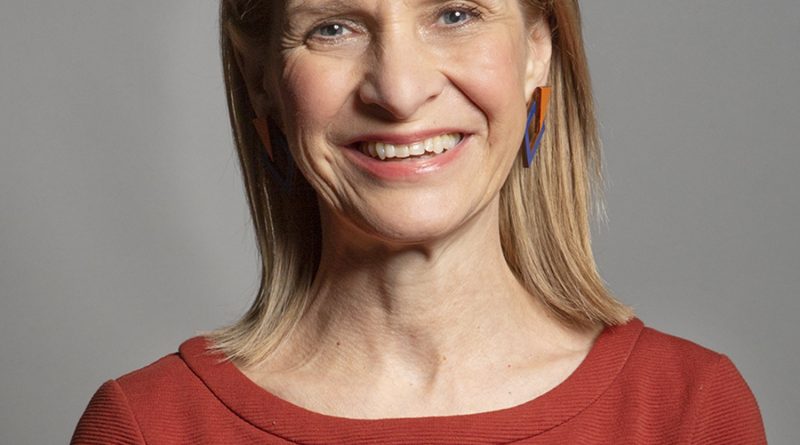Wera Hobhouse – 2022 Speech on Holocaust Memorial Day
The speech made by Wera Hobhouse, the Liberal Democrat MP for Bath, in the House of Commons on 27 January 2022.
It is an honour and privilege to follow so many moving speeches. I have been to many holocaust memorials across Germany and eastern Europe throughout my life: Bergen-Belsen, close to my home town of Hanover; Dachau; Auschwitz-Birkenau; the row of two or three houses that is all that is left of the Warsaw ghetto; and, most hauntingly, the Ponary massacre memorial outside Vilnius.
Whenever I am directly confronted with the stories of unspeakable atrocities committed by the German state during the 1930s and 1940s on the Jewish people, I feel a crushing sense of horror and shame. I was born in 1960; it was not my generation that was directly responsible for the terror. However, I feel acutely a collective responsibility for what happened in my country of origin, and that we should never forget and should work towards a world in which such awful suffering never happens again. If we want to be serious, we cannot just let the holocaust disappear into the history books—another time, another people, another place—but keep it alive and learn from it.
My grandmother was half Jewish. Her first husband was Jewish. My uncle was in Dachau in 1936, but got out with the help of Scandinavian friends. All my mother’s half brothers and sisters had to leave Germany and, except one, never returned. My grandmother’s anguish about her children and their families hung over my mother, who was the youngest, every day of her childhood. While my mother, who was only a quarter Jewish, survived Nazi Germany, her life was marred daily by exclusion, discrimination and fear. I would not be here if the war had not ended the way it did, because my mother would never have been allowed to meet my father, who was not Jewish.
My grandmother’s second husband, my grandfather, was not Jewish. He was a judge and was appointed to the Court of Appeal in Leipzig in 1927. In 1933, only months after he came to power, Hitler installed the Volksgericht, or people’s court, which was a political court to deal with anybody who was seen as an enemy of the state and which signalled the end of the rule of law. My grandfather resigned.
My grandfather’s youngest brother was schizophrenic and was murdered by the Nazis through one of the programmes of euthanasia. Although that is not directly related to the holocaust, it is worth remembering that there were German victims too, like my great-uncle, for whom there is no grave either.
My grandfather died before I was born, but I know through my mother that he never forgave himself for not becoming politically active to stop the rise of Hitler.
There are volumes and volumes of history books analysing the rise of the Nazis, citing the political instability after the first world war, the loss of national pride in being a great nation, and the Russian revolution leading to the fear of communism which drove many Germans into the arms of the fascists. It was the extremes of left and right that destroyed the moderate political centre. With that came illiberal and intolerant attitudes towards anyone who could be painted as the enemy. From there it was only a small step towards viewing people from a different race or culture as not being worthy of our human compassion and protection. The Nazis deliberately stoked irrational fear to win elections. Once Germans had elected, in a democratic vote, a barbaric leader, they could not free themselves from the monster they had helped to create. Only a world war did that.
“Wehret den Anfängen”—resist the beginnings—is what I learned from my German history lessons. The Holocaust Memorial Day Trust has published “The ten stages of genocide” so that people and communities can recognise the warning signs. Discrimination, dehumanisation and polarisation are among those warning signs, and sadly they are part of our political reality today, under our own eyes.
The fight against intolerance, exclusion and inhumanity is ongoing. I owe it to the memory of the millions of Jews who perished in the holocaust at the hands of the country where I was born to convert the shame that I will always feel into political activism. I will stand up and speak out about the need for us to keep our eyes wide open to where barbarism begins.

